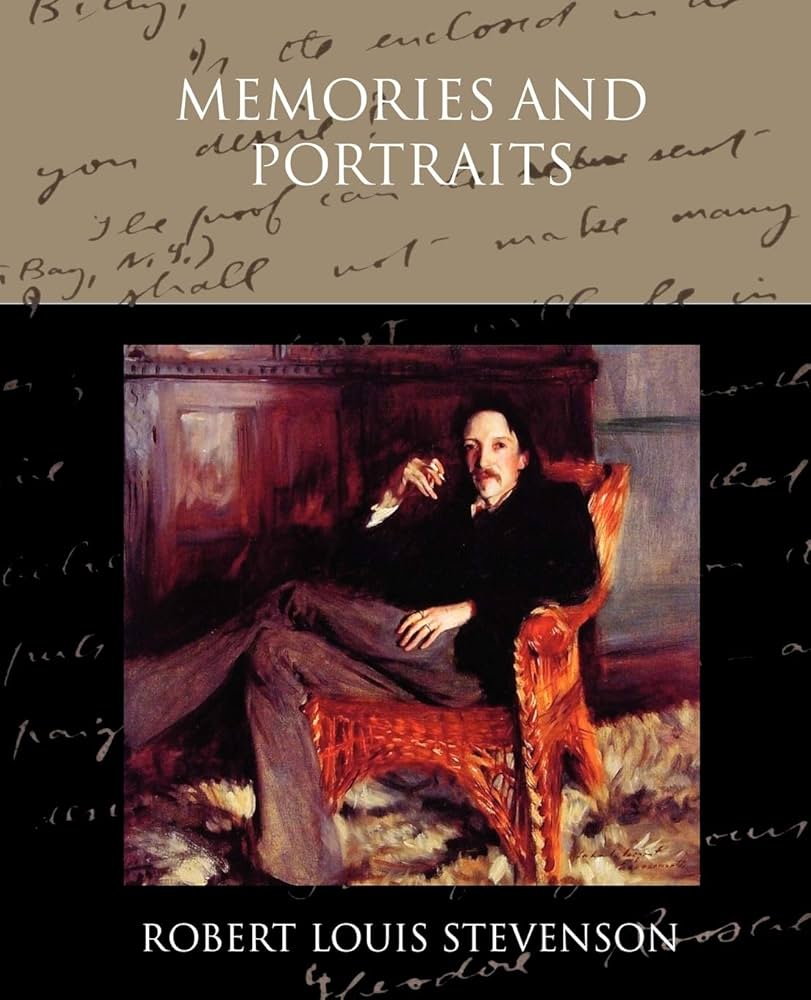Chapter XIII — A Penny Plain and Twopence Coloured
byChapter XIII opens with a vivid recollection of youthful wonder, rooted in the excitement stirred by Skelt’s Juvenile Drama. These hand-colored prints weren’t just theatrical templates; they were portals to imagined worlds where bravery and spectacle reigned. The narrator reflects on how even acquiring these paper plays brought an indescribable thrill. Visits to the dimly lit shop in Leith Walk became mini-adventures, rich with anticipation. Boys would gather, peering into glass cases filled with characters frozen in action. Selection was a serious ritual—every figure, sword, or villain carried the weight of an unwritten tale. The act of choosing wasn’t casual; it was a deliberate step into a parallel life of knights, sorcerers, or seafarers.
Even the disapproving glance of a suspicious shopkeeper couldn’t dull the shine of discovery. Bringing a play home meant embarking on an artistic mission, armed with cheap paints and unshaped ambition. Though the real story might disappoint, the visual promise never did. The artwork served as narrative seed, growing richer as the mind wove its own threads. There was magic in what was missing, in what the pictures didn’t show. Every blank stage became a canvas for epic duels, daring escapes, or ghostly apparitions. These weren’t mere toys; they were quiet provocations, daring the child to dream, create, and direct.
“Skeltery,” the term affectionately used, comes to represent a broader mood rather than a specific object. It described not just the plays but the emotional high of storytelling made personal. The dramas lived beyond paper—in playground reenactments, whispered daydreams, and impulsive backyard performances. Each tale invited improvisation, not just consumption. The child wasn’t a passive viewer but a co-creator, granting the narratives new life in every retelling. While adult literature pursued realism or polish, Skelt’s dramas offered raw imaginative power. The stories weren’t memorable for plot, but for the atmosphere they cultivated—bold, colorful, and always larger than life.
This immersion into narrative fantasy had lifelong consequences. Even mundane routines became staged moments—walking home could feel like a spy mission, and family dinners could echo courtroom trials. Skelt’s influence lingered in how the narrator later viewed fiction and the very structure of storytelling. It wasn’t about literary sophistication; it was about emotional truth. The colorful dramas taught that stories didn’t need to be perfect—they needed to stir something real. They delivered that jolt of wonder, the kind that made the heart race and the mind leap. And in that sense, they taught more about narrative joy than many polished novels ever could.
Later, when faced with the realities of adult storytelling, there remained a secret yearning for those twopence-colored days. The plays had faded, replaced by literary critique and professional prose, but their emotional lessons remained. Every great character still had to carry a bit of the flair that once belonged to Skelt’s paper heroes. The importance of contrast—villains exaggerated, heroes larger than life—helped shape how drama was later appreciated in more mature works. Even now, a novel without a hint of that old theatrical spirit might feel emotionally flat. This is how deep the roots went: childish games grew into storytelling instincts.
Such experiences remind us that childhood creativity isn’t trivial—it’s foundational. What might appear as juvenile fantasy can be the starting point for a lifetime of narrative understanding. And while only a few Skelt dramas survive, their echo endures in the minds of those they once enchanted. The tactile act of painting, cutting, and staging scenes became a rehearsal for writing, imagining, and interpreting stories in the future. This legacy of Skelt isn’t just nostalgia—it’s a testament to how powerful early artistic experiences shape identity. Through it, the narrator found not only entertainment but also the first glimpse of a storyteller’s soul.
The chapter closes not in melancholy but in quiet reverence. These paper plays, with all their imperfections, offered something pure—an invitation to participate in magic. They were bridges between solitude and shared delight, between idea and expression. And though time has replaced them with more sophisticated media, none have quite matched the joy of those first imagined stages. That joy still flickers, a memory printed not on fragile paper but on the heart of anyone who once believed in castles made of cardboard and heroes drawn in ink.

